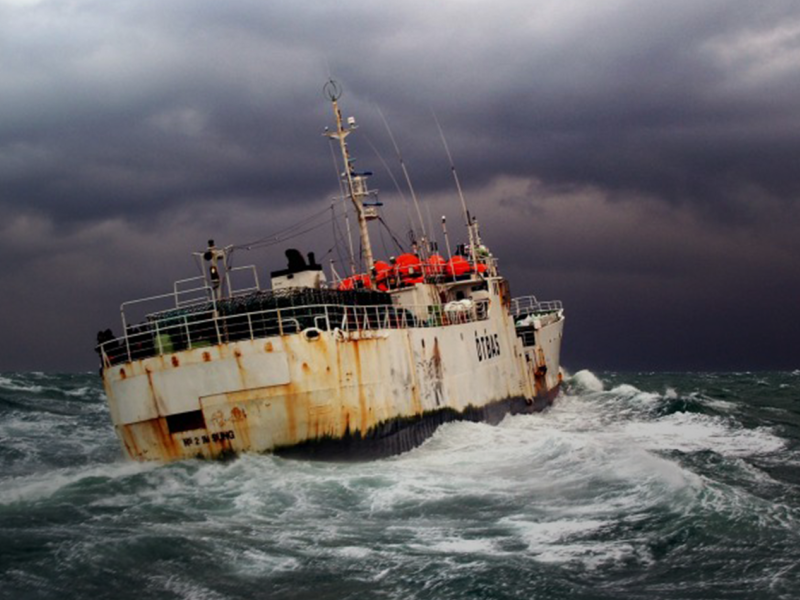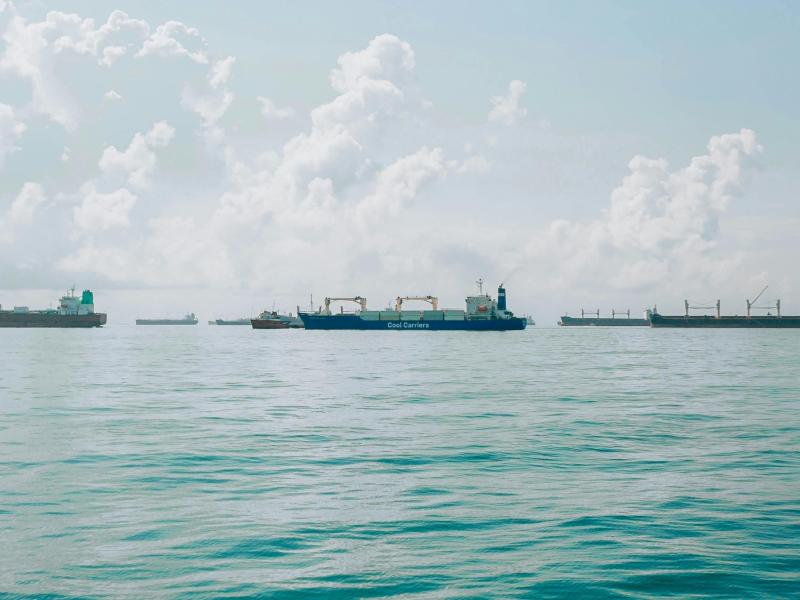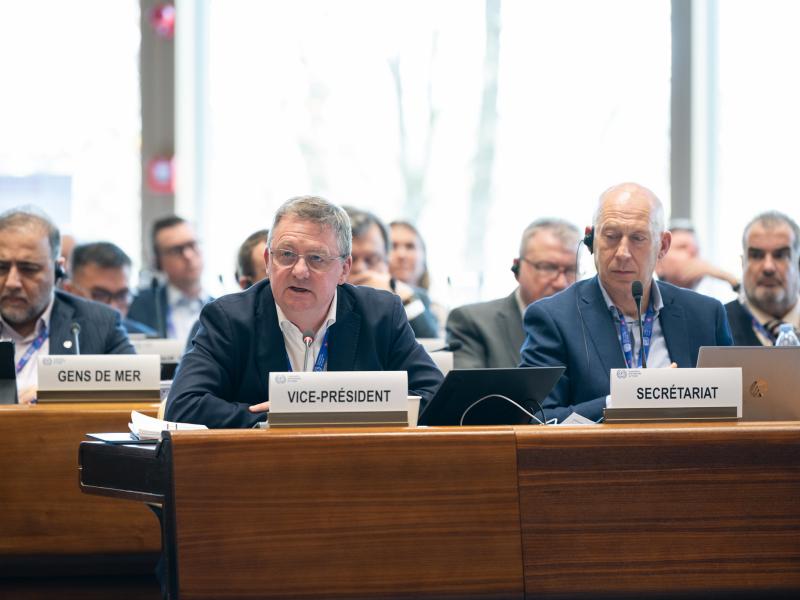Fisheries representatives from the International Transport Workers’ Federation (ITF), a global voice for the world’s millions of fishers, say that a new study from US-based researchers using satellite data helps reveal both the extent of labour violations in the industry, and how law enforcement can use technology to crack down on modern slavery and human trafficking on ships.
Rossen Karavatchev, the ITF’s Fisheries Section Coordinator, said that while the ITF was not surprised to learn researchers identified as many as 100,000 workers potentially in the clutches of forced labour on board large industrial fishing vessels, the study offered new tools for law enforcement.
Researchers combined satellite data from Global Fishing Watch with machine learning and knowledge from human and workers’ rights organisations to map the behaviours of ships likely to be engaging in human rights abuses. 26 percent of the 16,000 vessels they tracked exhibited behaviours consistent with having crew at high risk of forced labour.
“We are not surprised that yet another study has given the world an indication of the sprawling, unacceptably large epidemic of human rights abuses in the global fishing industry. However, this research not only shows the scale of the problem; but also how governments can deploy technology to fight forced labour and human trafficking, to clean up the fishing industry and end the misery of those hundreds of thousands of workers on ships,” said Karavatchev.
“This study puts more pressure on governments to use their resources to fight the widespread labour violations, human rights abuses, human trafficking, and incidences of slavery, that we know are taking place on board industrial fishing vessels. Governments have the tools – why aren’t they using them?”
Chair of the ITF Fisheries Section, Johnny Hansen, said fisheries exploitation was not just a problem for developing countries, but was often happening hundreds of meters off the coasts of the world’s richest countries.
“This University of California study highlights the regions the ITF has been urging action in, such as South East Asia and the South Atlantic, but it also adds evidence of the growing human rights abuses we’ve been seeing off the coasts of Canada, New Zealand and northern Europe.”
“We need governments to understand that this is a global industry where large vessels from countries like Taiwan, China and Portugal travel across the world engaging in labour practices that would have employers locked up back home. These operators recruit, traffic or trick fisheries workers from countries in the global South to board these floating prisons and then head to waters, deep and coastal, all over the world.”
“This report makes plain that fighting fisheries exploitation is every government’s responsibility,” said Hansen.
The ITF has been supporting fisheries projects in both Europe and South East Asia to combat exploitation in the industry and empower local fishers to voice their concerns to governments.




